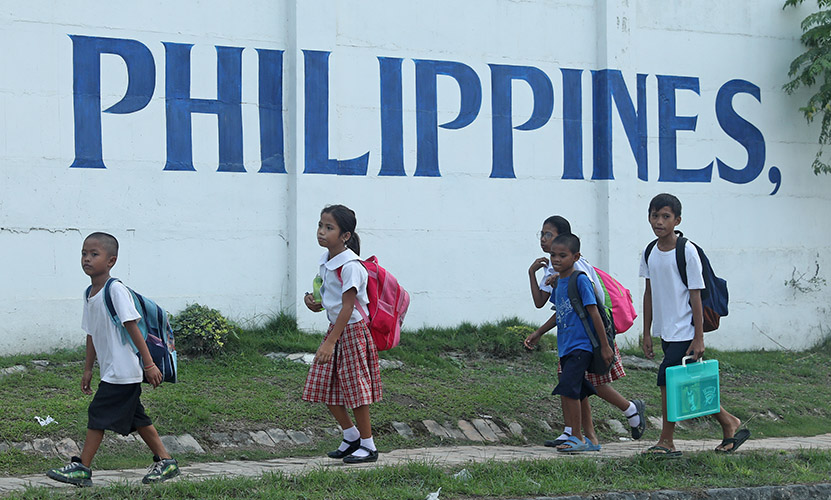While the Department of Education (DepEd) continues to review the basic education curriculum for 2022, Senator Win Gatchalian pointed out the need to address concerns on the implementation of the “spiral progression approach” and the Mother Tongue-Based Multilingual Education (MTB-MLE) policies mandated by the Enhanced Basic Education Act of 2013 or the K to 12 Law (Republic Act No. 10533).

Under the MTB-MLE program, instructions, teaching materials, and assessment shall be in the regional or native language of learners from Kindergarten to Grade 3. From Grade 4 to Grade 6, Filipino and English shall be gradually introduced through a language bridge program. These two languages become the primary languages of instruction at the secondary level. The spiral progression approach allows the logical progression from simplistic to complicated ideas where learners revisit topics or subjects several times throughout their school career.
A workshop for teachers organized last year by Gatchalian and non-government organization Synergeia Foundation evaluated the spiral progression approach and the MTB-MLE.
Based on the results of the workshop, there were few or no teachers who were trained to teach all the branches or areas of a subject. Science teachers, for example, were only trained to teach in one area of expertise rather than the different branches of the subject such as Chemistry, Biology, and Physics. When it comes to the MTB-MLE, among the difficulties identified in the workshop were inadequacy of learning materials and teacher training on the use of the mother tongue and transitioning to the second language.
Other studies also pointed to gaps of the MTB-MLE and the spiral progression approach. A 2018 study by Philippine Normal University (PNU) showed that the spiral progression content is not concentrated and extensive, while requiring the need for competent and highly qualified teachers as well as sufficient facilities.
A 2019 discussion paper from the Philippine Institute for Development Studies (PIDS) revealed that among the challenges of the MTB-MLE program are inadequate teacher and school preparation and dearth of textbooks and learning materials.
“Bagama’t maganda ang layunin ng mother tongue policy at spiral progression approach, maraming pagkukulang sa pagpapatupad ng mga ito. Sa ating pag-reporma sa curriculum, kailangan nating punan ang mga pagkukulang na ito upang matiyak nating nakatutulong ang mga polisiyang ito sa pagkatuto ng mga mag-aaral,” said the Chairman of the Senate Committee on Basic Education, Arts and Culture.


